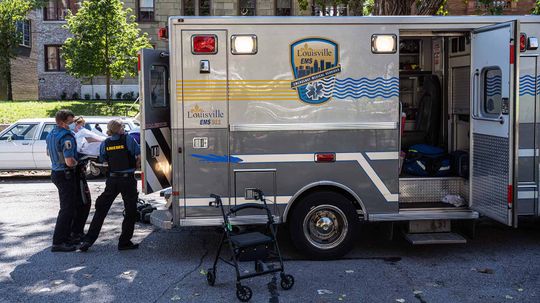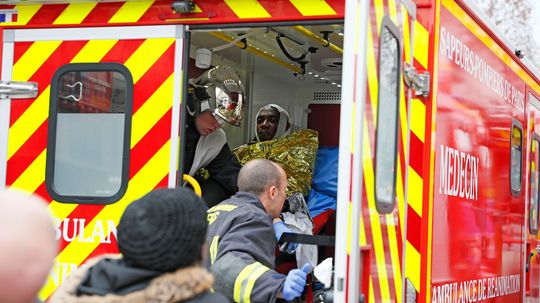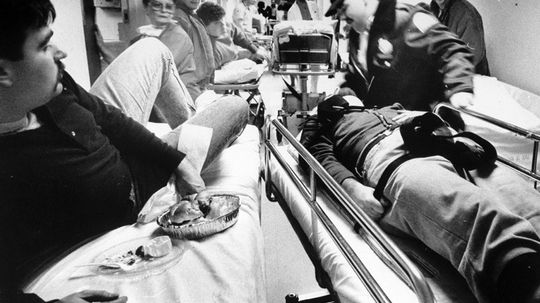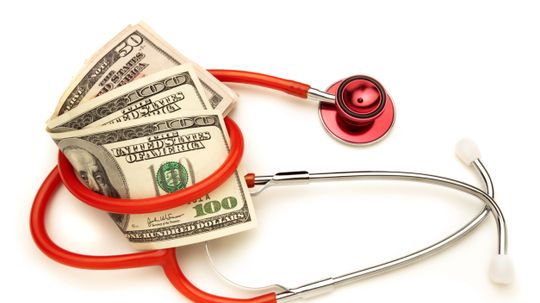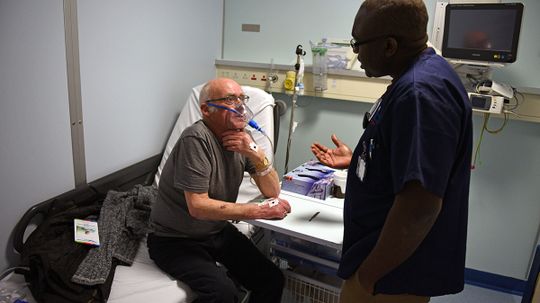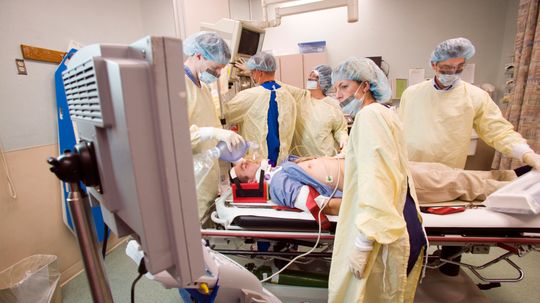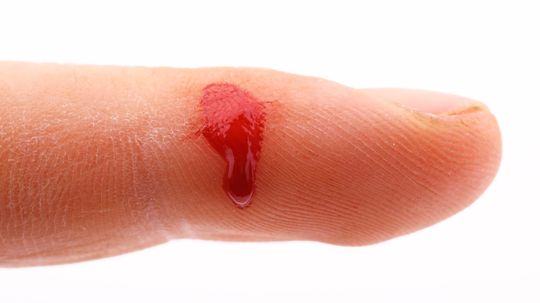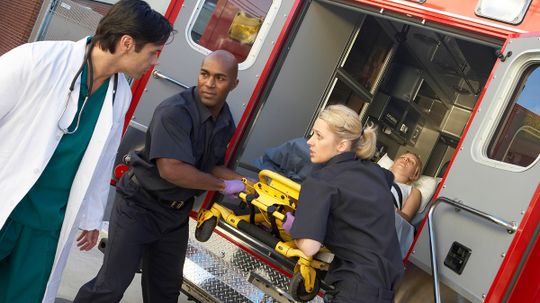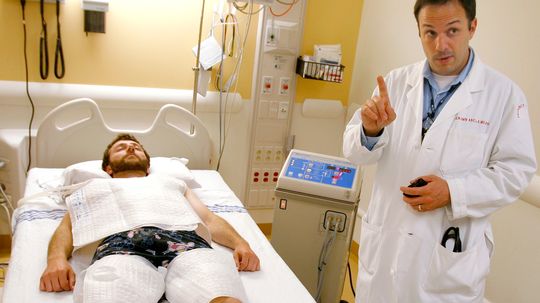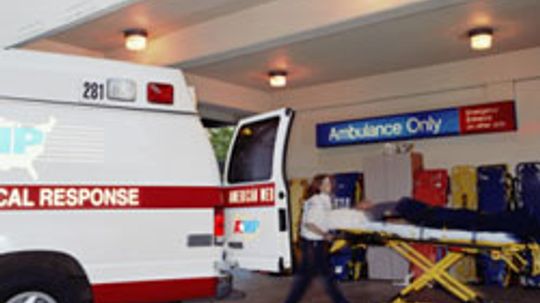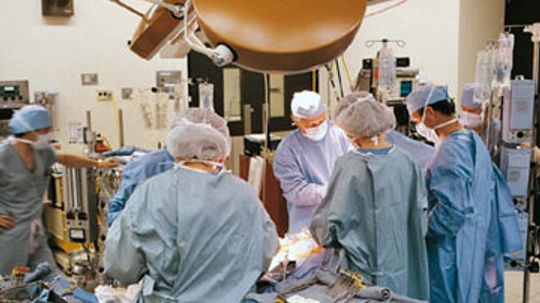ER
The ER is not a place anyone wishes to be. Learn how the ER works, common reasons people end up there and some of the bizarre procedures that have taken place.

Womanikin: Overcoming the Stigma of Breasts and CPR
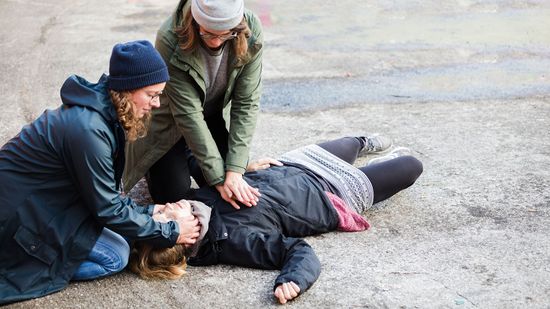
Women Less Likely to Receive CPR in Public, Study Finds
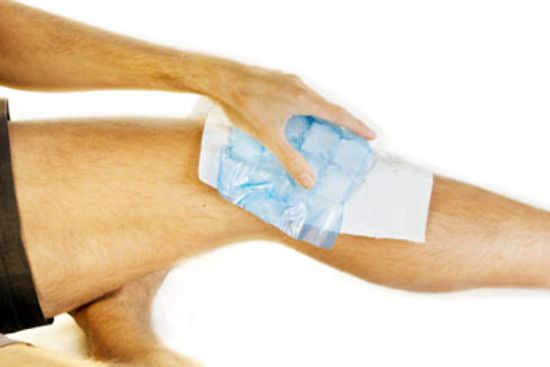
Should you use ice or heat to treat an injury?

Mark Cuban Wants to Solve the U.S. Prescription Drug Price Crisis

Epidemiologists Are the 'Disease Detectives' Protecting Public Health

Should Doctors Have to Pay Patients for Running Late?

Thalidomide: How a Miracle Medication Became a Global Tragedy
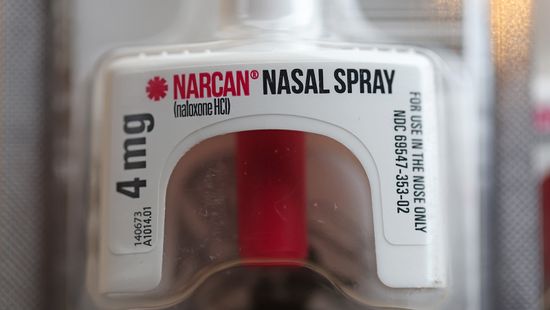
FDA Approves OTC Narcan Nasal Spray for Opioid Overdose
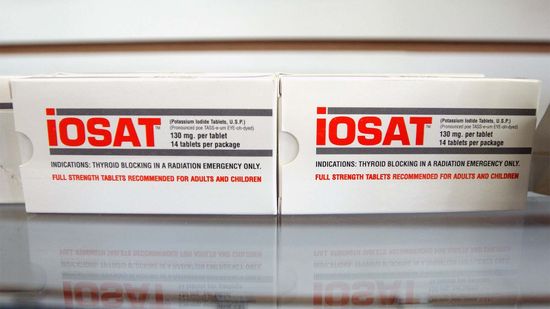
Why Are Potassium Iodide Pills Selling Like Crazy?

Who's the Most Powerful Doctor in the World? 5 Top Contenders

10 Types of Drugs Used for Medicinal (and Illicit) Purposes

15 Types of Doctors With Different Specialties

Anesthesia Awareness: When You're 'Awake and Aware' During Surgery
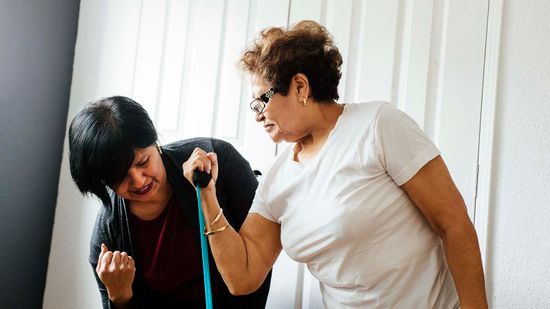
Prehab Could Make Your Recovery From Surgery a Bit Easier
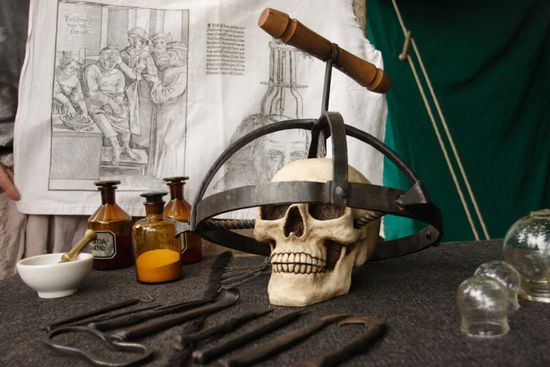
You Need It Like a Hole in the Head: The Ancient Medical Art of Trepanation
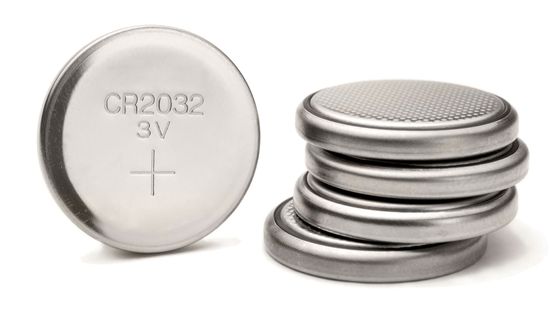
Honey Can Help If Your Child Swallows a Button Battery

What Is the Rarest Personality Type?
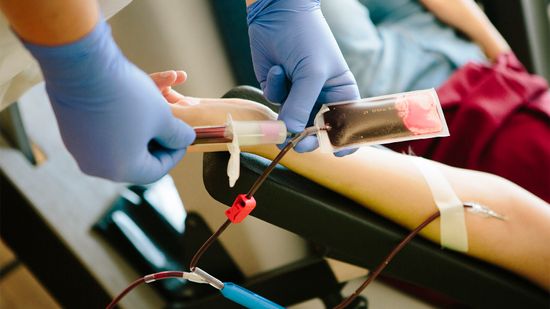
Veins, Needles, Yikes: What to Know Before Having Blood Drawn
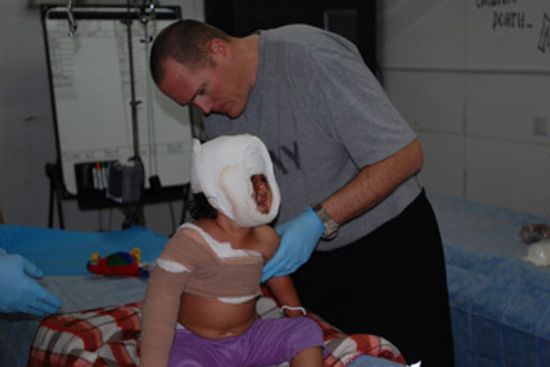
Are Army medics and doctors on the front lines?

Can civilians become doctors in the U.S. Army?
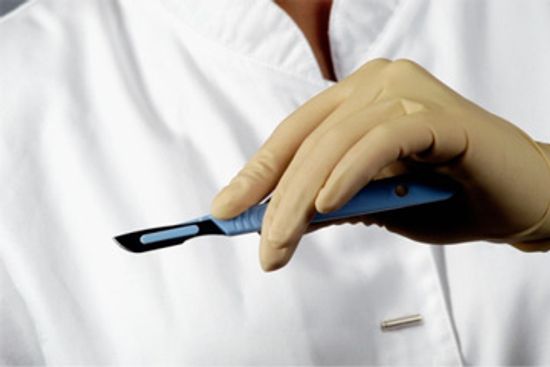
Do Army doctors and medics carry weapons?
Learn More
In the latest COVID-19 surge, many hospitals across the country are on diversion, meaning they're asking ambulances to take patients elsewhere. Here's how that could affect you.
When you call 911 in the U.S., you expect an ambulance to come roaring to your aid in a matter of minutes. But how are ambulances dispatched - and why do they cost so much?
You really liked that ER doctor who stitched up your arm. That is until you got your bill. Turns out the doctor was out of your insurance network, even though the hospital's ER is in network. How does that happen?
Advertisement
We all know a trip to the emergency room is never quick, but sometimes the ER is so jam-packed that you think that you're in the country's busiest ER. So just where is America's busiest ER? Well, it depends on who you ask.
You just broke your arm, and you're flat broke. But you don't worry about getting medical treatment, because the doctors and nurses in the ER have to treat everyone who walks through the door. Or do they?
Help! You just cut your hand while chopping vegetables. On the way to the hospital you cringe because you know that ER bill is going to be unbelievable. Why is that?
You've got health insurance. Congratulations! But good luck finding a primary care doctor. There are a lot fewer of them these days, so you may end up using that shiny, new insurance card in an emergency room.
Advertisement
We all know what to do in case of a medical emergency (get to the ER), but are you really qualified to recognize a true emergency when it happens?
You have to go to the ER, but you don't have health insurance. You're not worried, though, because emergency rooms have to treat everyone who walks through the doors. But does that mean you get out of paying the costs you incur?
It can be hard to tell whether an injury, illness or other troubling symptom warrants a trip to the ER. While you should always err on the side of caution and go if you're unsure, these tips will make your decision easier.
Working in the ER isn't easy, and emergency medical professionals deserve a ton of credit for doing excellent work in less-than-stellar circumstances. But inevitably, sometimes things go wrong. And when they do, what legal options do you have?
Advertisement
You cut yourself prepping dinner. It's after business hours. But should you really take that laceration to the emergency room? Maybe not.
Accidents happen. Severe illness arrives unannounced. You have no other choice than to head to the emergency room for treatment. How can you make the process as smooth as possible?
Hospital emergency departments are ready to handle life-threatening illness and injury. But some patients may not have a clear picture of what qualifies as life-threatening.
If you got injured after a tornado, wouldn't it be great if you could get treated on the spot, rather than going to an emergency room? You could if a mobile emergency unit was nearby. That's just one type of mobile health unit available.
By Alia Hoyt
Advertisement
What do the Crusades, the Spanish Inquisition and a '70s TV show have in common? They all helped shape the field of paramedicine. Learn more about how these first-responders save lives every day.
By Oisin Curran
Sudden cardiac death is a huge global killer. Even if you survive such an incident, your neurological outcome isn't so hot. A serious chill could change that.
You probably know that in an emergency room, patients aren't seen on a "first-come, first-served" basis. There's a system called triage to sort the order so the sickest get priority. Does that mean you'll wait forever if you're not dying?
By Alia Hoyt
Emergency nurses have been around since way before the first emergency room. They not only save lives, but also keep everything running as smoothly as possible. So what does it take to be an ER nurse, and how is the field changing?
By Oisin Curran
Advertisement
If your idea of adventure is balancing a snack tray and the remote control, it might be time to get off the couch. But do you know which sports could send you to the ER?
Trips to the emergency room can be scary -- but some can be downright hilarious after the danger has passed. Here are five ER tales for the ages.
Trips to the emergency room are all too common -- but so are the dangers that send you there. Most of the objects on this list are in your home right now. Find out what day-to-day dangers we all face.
For decades, freak accidents have caused people to lose limbs because surgeons couldn't save them. So have medical procedures really changed that much?
By Tom Scheve
Advertisement
Having your stomach pumped could save your life if you overdose on medication or swallow a poison. But those aren't the only reasons doctors perform this procedure.
Emergency rooms aren't first come, first serve. How fast you're seen depends on how severe your injury.
